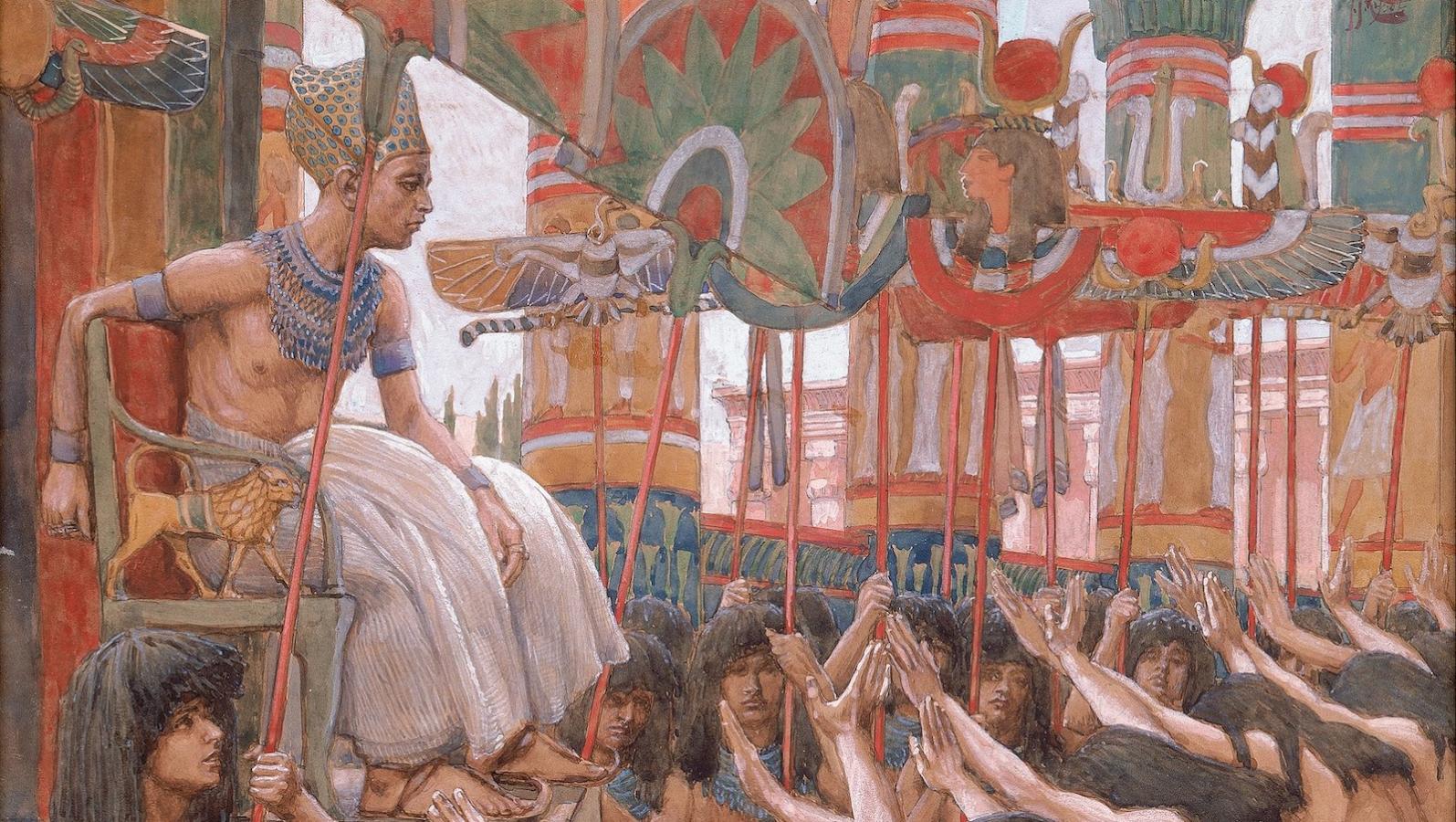Commentary on Parashat Vayigash, Genesis 44:18-47:27
Joseph’s interaction with his brothers is one of the most perplexing stories in the , one that has puzzled generations of readers for thousands of years.
Why does Joseph conceal his identity? Why did he wait so long to tell his father that he was in Egypt?
Even if one follows the view of the Abarbanel (15th-century Spanish/Portuguese commentator), that, as a slave, Joseph had no means of informing Jacob and, after his ascension to political power, he still could not do so lest he be accused of disloyalty, questions abound.
Explaining His Actions
How do we explain his demand that the brothers bring his younger brother Benjamin down from Israel? Why did he falsely accuse Benjamin of being a thief and sentence him to slavery, when he knew the news would devastate Jacob and perhaps kill him? In Joseph, we are not simply dealing with a victim who finds himself in a position to take revenge. And even if we were, why would he want to exact vengeance on his father?

Help us keep Jewish knowledge accessible to millions of people around the world.
Your donation to My Jewish Learning fuels endless journeys of Jewish discovery. With your help, My Jewish Learning can continue to provide nonstop opportunities for learning, connection and growth.
The Ramban (Nachmanides) states that Joseph perceived his dreams as a Divine mandate. His dream, years earlier, that 11 stars bowed to him made it essential for Benjamin, the 11th brother, to descend to Egypt as well and acknowledge him as ruler.
Moreover, since Joseph also dreamt that the sun and moon bowed before him (presumably representing his parents), Jacob needed to join them. Joseph, therefore, imprisoned Benjamin in order to draw his father down to Egypt.
Many commentators question the Ramban’s view. Is it Joseph’s job to manipulate his family through fraud and misrepresentation just to fulfill his dreams? Do the ends justify the means? Is it not God’s job to ensure that His prophecies are carried out?
One possible explanation can be found in Joseph’s understanding that his descent to Egypt was a prelude to the enslavement of the Jewish people there. As such, his Divinely ordained mission was to pave the way for his brethren by giving them the tools they would need to survive this exile, to retain there faith in God in a hostile and decadent environment, and not to assimilate.
Remaining Joseph
Every step of his life demonstrated “Ani Yosef.” I remain Joseph. Whether one is at the pinnacle of greatness or at the nadir of persecution–Joseph embodied both extremes–one can always be a Joseph, faithful to the Torah and to the Jewish people. This is why we bless our children to be like Ephraim and Menashe, Joseph’s children, who grew up in an exile with few, if any role models yet remained faithful to God.
Nevertheless, during 210 years of Egyptian exile, the Jewish people descended to the 49th level of impurity, the Ari Z”L (Rabbi Isaac Luria, 16th-century Israeli kabbalist) teaches. Most Jews were idolaters, did not practice circumcision and were generally “naked and bare” from any mitzvot (commandments).
Yet they had their merits–their empathy, their concern and their unity. They kept their distinct Jewish names and clothing, did not inform on each other, and did not intermarry. These qualities, while insufficient, are a necessary start on the road back, for our Sages teach that no individual Jew is redeemed except to the extent that he identifies with the future and destiny of Klal Yisrael (the people of Israel).
With their animosity toward Joseph, the brothers demonstrated the opposite capacity. They sent him into slavery, and thus they too were exiled.
Protecting Benjamin
It was indeed Joseph’s Divinely ordained mission to insure that the hatred that led to his enslavement was gone and the rift was healed. The children of Leah were not only protective of Benjamin, the presumptive last child of Rachel, but were willing to give up their lives to ensure his safe return.
They had come full circle. Their sinat hinam (baseless hatred) turned into an ahavat hinam (baseless love), and, in Hashem’s manner of providing the cure before the illness, the seeds of redemption were planted before the exile was allowed to commence.
The Vilna Gaon teaches that the Egyptian exile was the prototype for future exiles. Just as community and solidarity were necessary prerequisites for redemption then, so too are they necessary now, for if we are consumed by hatred and polarization, how can our people survive this hostile galut (exile)?
Provided by the Orthodox Union, the central coordinating agency for North American Orthodox congregations.




